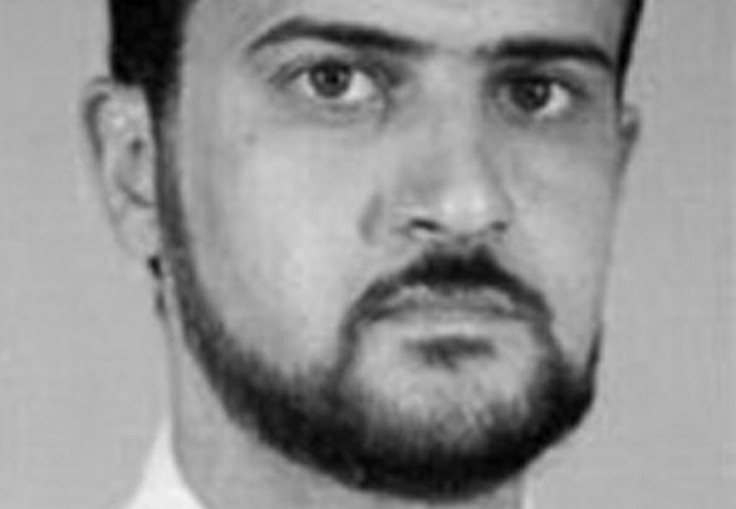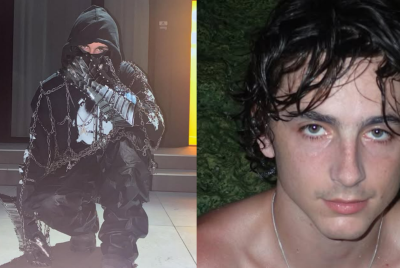Abu Anas Al-Libi: What US Interrogators Will Want to Know

With the successfully executed snatch and grab operation on or about 5 October 2013, a long-standing al-Qaeda fugitive was taken into US custody. According to various reports, the capture of Nazih 'Abd al-Hamid al-Ruqai'i was a joint effort involving CIA, FBI and US special operations , with Libyan support The subject is better known by his kunya, or Arabic epithet, Abu Anas al-Libi.
The US legal and academic world may mutter about the Miranda Warning, which protects suspects against self-incrimination, and the issue of a speedy trial. But, with respect to those commentators, it really doesn't matter right now: in the post 9/11 US security environment, nothing trumps the need to obtain or rule out-actionable intelligence. That is, information that will disrupt terrorist plots, reveal where the bad guys are, and their methods of communication and operation, and most importantly, save lives.
In the case of Anas the Libyan, he is, as practitioners in the Community say, a veritable treasure trove of information. He was, at least, one of al-Qaeda's early information technology experts and an accomplished surveillance or "casing" operative, one of the most trusted nodes within that terrorist network. Though it may appear counter-intuitive that someone on the lam for so long would have any useful information, other than how he remained in the cold -or, in plain sight - for such a sustained period, it's quite the contrary. Abu Anas was part of the original al-Qaeda formed under the leadership of the now deceased Osama bin Laden. And Anas is among the ever-smaller core of the original al-Qaeda still alive.
Let's look at a brief time time-line of Anas's involvement in the old al-Qaeda. He was known to be with bin Laden in Sudan, with his inner circle from the early 90s, when bin Laden and his closest comrades shaped what would become a lethal transnational terror network. Those early leaders whom Anas knew are the also deceased Abu Ubaydah al-Banshiri and Abu Hafs al-Masri-two Egyptians of the seminal Qaeda movement who were the operational heart and soul of the early network.
Anas was then dispatched to locations long suspected to include Europe, with the aim of providing casing and pre-operational support for bin Laden in his quest to wreak havoc in the broader West. He was with al-Qaeda through the East African US embassy bombings of August 1998, and narrowly avoided coming into US custody in late 1999 to 2000. Shortly after, he alighted to the only safe place for him, in the care of bin Laden and the Qaeda of that time in Afghanistan.
After 9/11, when US and allies, with great prejudice and tenacity, hunted al-Qaeda and disrupted its sanctuary in Afghanistan, Anas escaped to Iran with members of bin Laden's inner-most circle including the notorious and still at-large Sayf al-'Adl al-Musri, al-Qaeda's chief of security and spy watcher, and Abu Haf's deputy for military and special operations. As for the still living al-Qaeda core, other than its nominal, current leader Ayman al-Zawahiri, no human had more access than al-'Adl as to what the Qaeda has done and will do. Al-'Adl's whereabouts and his methods of communication are but two highly sought-after pieces of intelligence Abu Anas may possess.
The list of intelligence requirements Anas had potential access to is formidable and long: First and foremost, what plots are underway, where, who, what, how, and WHEN? How did he get to Iran in 2001, with whom? Was his safe period in Iran approved by Tehran? Was it controlled or restricted by Iran's leaders, by Iranian intelligence, or not? was he dispatched to continue operations for al-Qaeda, other extremists, or the Iranian government, for that matter? How did he travel, what papers did he have, how did he aquire them, how did he subsist, and who funded him? What were the details of his dispatch to Libya by al-Qaeda HQ? What were his orders? The above are just a few tiny ingots in the treasure-trove of information US operatives are hoping to unlock.
The question of will he talk and why are apt. I submit, with complete confidence, he will. He is under questioning by very competent and professional interrogators of the High Value Detainee Interrogation Group, or HIG. They know the case and are backed up by excellent support professionals. With laser-like precision and efficiency, they will work toward a profound quid pro quo. (No more trade secrets here, though.) And most reassuring, from one who has done it for a living, it will be under conditions that withstand the absolute brightest of bright lights of sunshine, for when the time comes for application of the enduring institution of US criminal justice as well as the court of US and world opinion.
Catching Abu Anas, even after 12 years on the run, was a major success, and the pay-off could be huge.
Bob McFadden is a former US counter-intelligence agent and current vice-president of the Soufan Group, which provides strategic security intelligence services to governments and multinational organisations. Visit the group's website (https://www.soufangroup.com/) for more information.
© Copyright IBTimes 2025. All rights reserved.





















